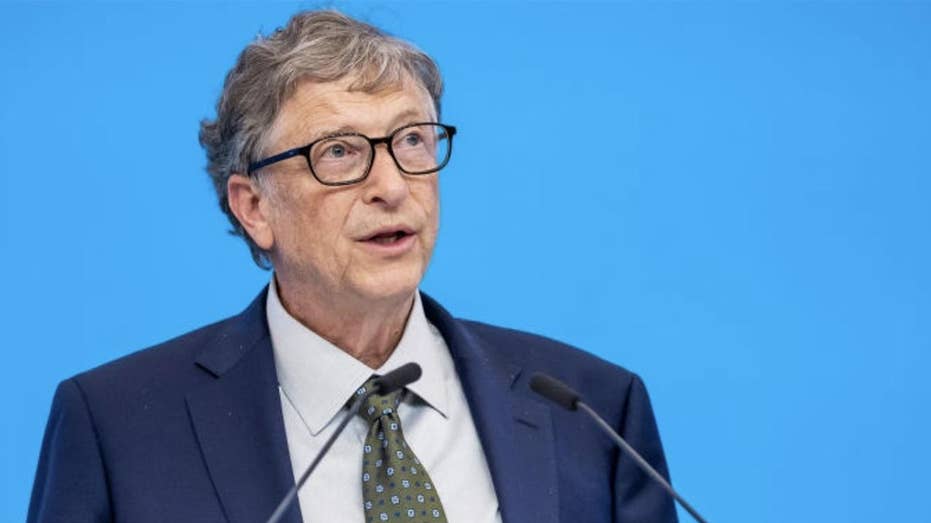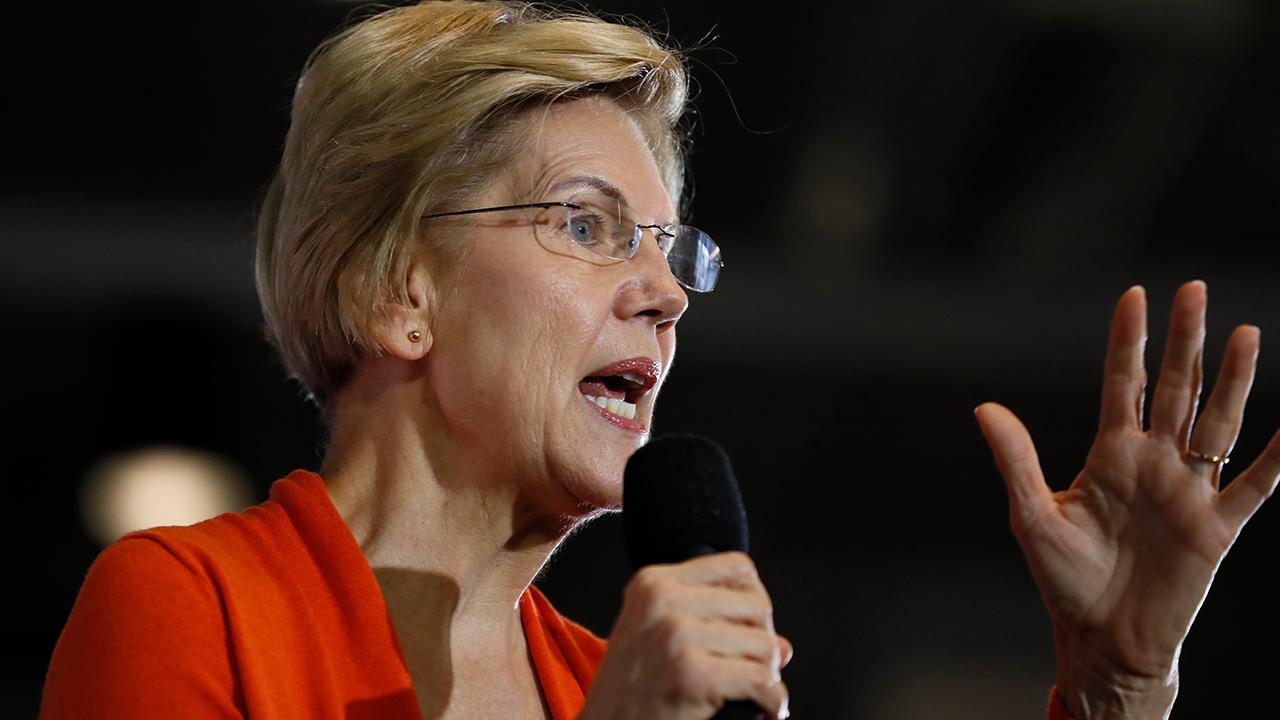Bill Gates calls for higher taxes on ultra-wealthy Americans
'If you have more money, you pay a higher percentage in taxes'
Bill Gates, the second richest person in the world, ended the decade by calling for higher taxes on ultra-wealthy Americans.
Echoing a policy proposal frequently touted by Democrats, the Microsoft founder pointed to the widening gap between the haves and have-nots — income inequality is at the highest level in a half-century — as reason to hike taxes on the rich.
“That’s why I’m for a tax system in which, if you have more money, you pay a higher percentage in taxes,” Gates wrote in a blog post on New Year’s Eve. “And I think the rich should pay more than they currently do, and that includes Melinda and me.”
Gates, who’s worth an estimated $114 billion after he added $22.7 billion to his fortune in 2019, according to Bloomberg’s Billionaires Index, proposed several steps to make the U.S. tax system “more fair.” Those included raising the capital gains tax “probably to the same level as taxes on labor.” In 2018, a single average worker in the U.S. faced a 29.6 percent tax burden on their pre-tax earnings, or about $17,596 in taxes, according to the Tax Foundation.
WARREN'S WEALTH TAX WOULD SLASH BILLIONAIRES' FORTUNES OVER TIME
A capital gain is the profit from the sale of stock or real estate; currently, the tax is assessed on the difference between the original purchase price of the item and the sale price. The rates vary from 0 percent to 20 percent, depending on your tax bracket. (There are also different tax approaches for long-term gains versus short-term gains).
“The wealthiest generally get only a tiny percentage of their income from a salary; most of it comes from profits on investments, such as stock or real estate, taxed at 20 percent if they’re held for more than a year,” Gates wrote. “That’s the clearest evidence I’ve seen that the system isn’t fair. I don’t see any reason to favor wealth over work the way we do today.”
The 64-year-old billionaire also endorsed raising the estate tax and closing loopholes that rich individuals exploit. Gates and his wife created and signed the Giving Pledge, a campaign to encourage wealthy individuals to give a majority of their fortune to charity over the course of their lifetime.
In 2018, Gates, worth $97 billion at the time, gave $2.5 billion, roughly 2.6 percent of his fortune, to charity, according to data published by University of California, Berkeley economist Gabriel Zucman.

Bill Gates
Gates also voiced support for removing the cap on how much income is subject to Medicare taxes; closing the carried-interest loophole; making state and local taxes fairer; and taxing large fortunes that have been for a “long time (say, ten years or more).”
“Very wealthy people often have large investments they’ve held for long periods, and if those investments aren’t sold or traded, the money is never taxed,” he said. “That doesn’t make sense.”
A January Fox News poll found broad support among voters for increasing taxes on the wealthy, with 70 percent supporting a tax hike on families earning more than $10 million annually.
CLICK HERE TO READ MORE ON FOX BUSINESS
Gates has previously clashed with Democratic presidential candidate Elizabeth Warren over her wealth tax proposal, which would place a 2 percent levy on individuals worth more than $50 million and 6 percent on billionaires. In early November, he warned that American innovation could be at “risk” if taxes get too high.
“I’ve paid over $10 billion in taxes. I’ve paid more than anyone in taxes. If I had to have paid $20 billion, it’s fine. But when you say I should pay $100 billion, then I’m starting to do a little math about what I have left,” Gates said, adding that he was “just kidding.”
In his year-end letter, Gates addressed criticism that he should willingly pay more money to the government than the law requires.
“The answer is that simply leaving it up to people to give more than the government asks for is not a scalable solution,” he wrote, adding: “A vibrant economic system depends on setting expectations for who pays how much.”




















